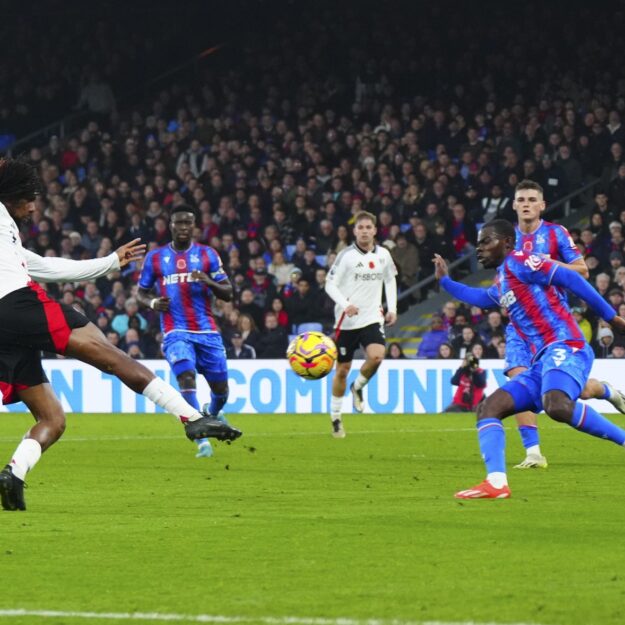When purchasing auto insurance, you can tailor many aspects, including the types of coverage you select, the amount of your deductible, and the length of your policy. Although it’s up to you and your insurer to decide how long your policy will be in effect, most car insurance policies last for six or twelve months.
Even if you get into an accident or get a traffic ticket soon after your policy goes into effect, your insurer cannot increase your premiums until the term ends. As long as you keep up with your payments and don’t do anything to get in trouble with your contract, you’ll be covered until the end of your term.
Scrutinize the declarations page of your policy, where you’ll find the effective date and the date your coverage will end, to get an idea of the length of your term.
How long does a policy for auto insurance typically last?
The duration of your auto insurance policy’s “term” is when your coverage will be active. Standard policy durations for affordable auto insurance are six months to 1 year. Although your insurance premiums won’t increase during your policy’s initial six or twelve months following an accident, they may grow at renewal.
Because most California car insurers will automatically renew your policy when its term ends (often at a higher rate), you should compare rates and coverage details with other providers before making a decision. Your car insurance company may not renew your policy if you have filed multiple claims or have a history of reckless driving.
My policy period is 13 months instead of 12 months; why is that?
You’ve probably also noticed that vehicle registration is only suitable for a year, but cheap auto insurance policies typically cover an entire year.
For those curious, the extra month is a grace period for maintaining car insurance coverage after registration has lapsed.
Suppose you want to avoid paying a fine or paying for an accident out of pocket because your insurance was canceled or lapsed. Your policy and vehicle registration must be renewed before the 13-month grace period ends. Every day your vehicle is not registered, you will receive a fine from the authorities.
What does a six-month term entail versus a twelve-month term?
You can get coverage from most major companies for six or twelve months, with the former being more common. The length of the term is significant because it establishes the period for which you will be insured.
Duration: 6 months
Advantages
Switching policies more frequently with a six-month term is an advantage. Your insurance company may lower your premiums sooner than at the end of a year’s policy term if your driving record or credit score improves during that time.
Disadvantages
A policy that renews every six months gives insurance companies more time to jack up their premiums.
Term Length: One Year
Advantages
Since insurance premiums for cars typically increase annually, purchasing coverage for an entire year at once guarantees that your rates will not increase during that time.
Disadvantages
You won’t see lower premiums due to a better driving record until the policy’s expiration date has passed.
If you can afford it, it’s better to pay your premiums all at once for the duration of the policy rather than paying a monthly premium and incurring interest charges. When comparing premiums, it’s essential to consider the various term options available. The premium for a policy that covers you for an entire year will be significantly higher than the premium for a policy that covers you for just six months.
How long until I receive a car insurance estimate?
Several factors, including age, determine your premium, the year your vehicle was manufactured, and the time your policy is in effect (in months).
If you’re unsure whether your premium will be based on 12 or 13 months, you should ask your insurer. Insurance policies generally use 12 months for billing purposes rather than the 13 months that some think is standard. If you switch insurance providers after 12 months, the 13th month is technically free.
To what point in time must I renew my insurance?
It would help if you had that extra month to ensure you’re covered when you renew your car registration. You don’t have to wait until the 14th of the following month to renew your policy, and doing so will help you when it comes time to register your car for the following year. However, your insurance company will send you notices before the policy’s 12-month term ends.
Conclusion
Keep in mind that almost every state in the United States mandates that drivers carry low cost auto insurance; therefore, you should only cancel your policy if you no longer own a car or if you have another policy in place that will immediately take over coverage.
You may be interested

AFCON 2025Q: Benin Republic Hit By Another Injury Blow
Webby - November 13, 2024Benin Republic will be without two more players for their 2025 Africa Cup of Nations qualifying matches against Nigeria and…

Dier Set To Depart Bayern In Summer
Webby - November 13, 2024Eric Dier is likely to leave Bayern Munich at the end of the season according to transfer expert and Sky…

‘I Want More’ — Dessers Declares After Scoring 10th Goal For Rangers
Webby - November 12, 2024Cyriel Dessers is eager to score more goals for Scottish Premiership club Rangers.The striker has been in impressive form for…






















![American Pastor, David Wilson Seen Eating The Box Of Woman Who Isn’t His Wife [Video]](https://onlinenigeria.com/wp-content/uploads/2019/10/american-pastor-david-wilson-seen-eating-the-box-of-woman-who-isnt-his-wife-video-150x150.jpg)









